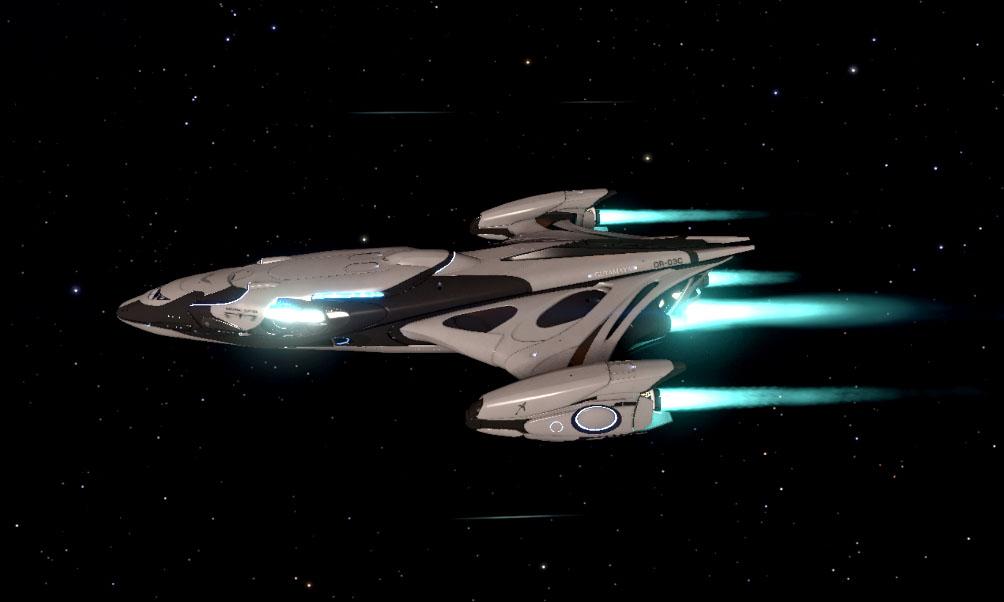

"The only way you'd know was that you'd continue going around the planet and not crash. "People were actually getting themselves into orbit before they even had information on the interface of the game to know you were in orbit," Falanghe says. The way people played the game was a constant source of surprise and inspiration, and the community was constantly asking for more realism in the simulation. But that was ultimately a positive-all the community members-turned-developers were as passionate about Kerbal as he was, so even without a rigid design plan, it grew organically. Suddenly there were ideas to compete with his own plans for where Kerbal should go. Felipe FalangheĮxpanding the Kerbal team was stressful for Falanghe, who had no experience leading a project. Five years later, he would leave Squad because its success made it clear he would have little chance of getting a second game off the ground. There wasn't much of a way to keep track of builds or bugs people would report, so I'd just make another version and people would complain to various degrees of volume and I'd try to piece together what was wrong with it… it was a very rough process, in the early days."įalanghe had once assumed Kerbal Space Program (and his job) were doomed to survive only a few months.
Spaceship name generator zip file#
I remember the first builds I'd pack manually into a zip file and upload via FTP manually and just hope it was better than the previous one. "Everything those workflows and methodologies exist to prevent happened to us, and that's how we learned why they're there and useful. "We didn't know things like QA and test and deployment pipelines that we would eventually learn later on out of the harshest experiences possible," Falanghe says. That team of inexperienced developers soon went through some intense growing pains. But the paid version was a hit, and Squad started putting more resources behind the game, hiring members of the community to start working on it. It was a surreal time because he mostly worked from home, Falanghe didn't have a strong sense of how Kerbal was viewed within Squad-he was more in tune with the game's community. Interest kept growing and Falanghe kept adding to the game, releasing the first paid version in March 2012. It was free, and their projection for a successful first month, solely based on word of mouth, was a humble 900 downloads. "It's still is the gold standard of spaceflight simulation out there," he says.Īfter about seven months of work, the first version of KSP was released on June 24, 2011. This was in 2011, two years before Steam introduced Early Access, but Minecraft had proven it could work.Ī major source of inspiration for Falanghe was Orbiter (opens in new tab), a free, deep space simulation that he had played for years.
Spaceship name generator update#
Assuming he was working on borrowed time, Falanghe thought it made sense to release Kerbal as quickly as possible, then update it as long as there was interest in the game. He was essentially a solo developer, with one other Squad employee acting as a producer for Kerbal Space Program. But I fully expected that the project was going to be terminated very quickly." "I thought, if I'm lucky I'm going to get maybe six months to work on this they pull the plug and I need to start looking for something else. The first pitch for Kerbal Space Program was humble: you'd just build a rocket and see how high it could get before crashing back to the ground, then do it again. "So that's how it went." He's still baffled by that decision, but assumes that Squad's leaders were also tired of the grueling advertising business and thought it was worth trying something new. If you stay with us, we'll let you make your game,' Falanghe remembers. So he walked in one day determined to quit. He didn't like advertising, and the nonstop pace of the work was grinding him down.

After taking a job at Squad straight out of college, essentially desperate for whatever he could get, Falanghe quickly found the work depressing.
Spaceship name generator Pc#
If you ever thought that it was strange that a marketing company with no videogames under its belt created one of the most important PC games of the decade, well, you're not alone-Falanghe thought it was strange, too, and he was the one who worked there.

The unlikely origins of Kerbal Space Program


 0 kommentar(er)
0 kommentar(er)
